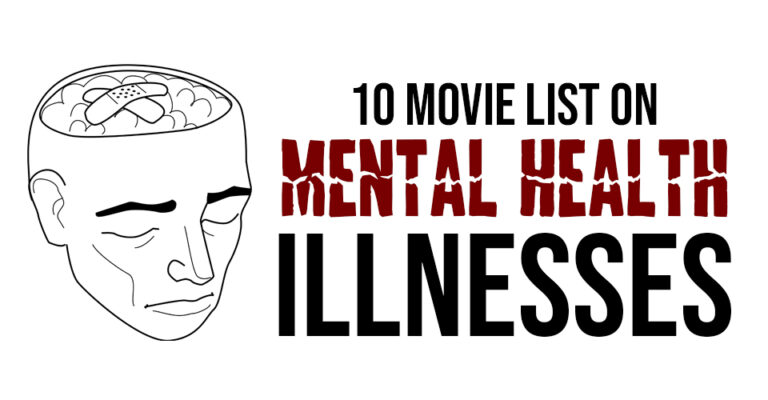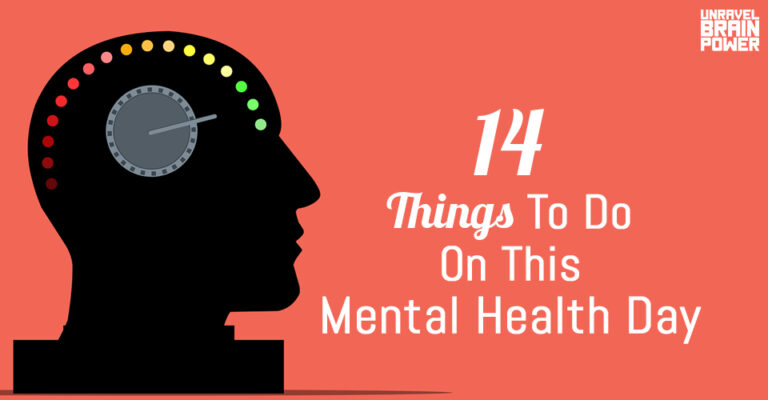
Mental health issues have so long been encased in taboo and stigma. It is gradually emerging out of its hiding and is slowly making its presence felt. Internationally, the burden of mental health issues is magnanimous and is contributing to disability and mortality in an unimaginable manner.
There’s no denying that mental health issues are multiplying by the days. People are now starting to converse about mental health more openly. Infrastructures are being built nationally and internationally to ensure that mental health occupies a major space in the health welfare system. The definition of health no more excludes the aspects of mental health. Rather, the inclusion of mental health in the definition of health completes and amplifies the wholesome nature of a person’s wellbeing.
“Health is a state of complete physical, mental, and social well-being and not merely the absence of disease or infirmity.”
If we look at this compact definition of health given by W.H.O, we will get a glimpse at the components of health, which clearly states that the exclusion of mental wellbeing does not correlate to being healthy.
The Burdens of mental health
Mental health issues not only affect an individual but also a large segment of society as a whole. It has the capacity to cripple global development. Mental illnesses do not discriminate between the group, community, age, gender, caste, race, color, or status. It can happen to anyone. But mental illnesses have more challenging impacts on the poor, the unemployed, the uneducated, and people who are more prone to violence like the elderly and the women.
This is the reason why it is important to impart mental health awareness to every nook and corner of the world. Unfortunately, mental health is largely ignored in many parts of the world and people with mental health problems deny seeking treatment due to the social stigma attached to it.
Considering the prevalence of mental disorders and other substance abuse-related problems in adults and children, it is not surprising that the economic and emotional burden on individuals, their families, and society as a whole is huge. Not to forget that mental and physical health is interrelated and hence, mental illness can lead to an increase in morbidity and mortality rate. In fact, mental illnesses cost national economies several billion dollars including the expenditure incurred for treatment and loss of productivity. It is estimated that the cost of mental health problems in developed countries is about 3%-4% of GNP.
In such increasingly trying times, the role of mental health professionals and other national and international bodies of health welfare is extremely vital in reducing the gap between the proposed mental health programs and their implementation.
The roles of a psychologist in society
Psychologists and other mental health professionals study the behavior of an individual in a particular temporal, socio-economic, and cultural setup. They also study the different functions and structures of an individual’s brain. The contribution a psychologist can make in uplifting the general well-being of human beings is undeniable. Psychologists play a very pivotal role in changing the face of society.
1. Ensuring strategic planning for communities
When a community shows concern for their people’s mental health, a psychologist can help them reach the public welfare goals that the community sets, based on the needs of the individuals. A psychologist can help discern which particular group needs to be legally protected or if any group’s mental health needs to be promoted immediately and worked upon more vigorously. Psychologists can provide crucial insight regarding the incidence and prevalence of certain mental health issues, behaviors, and the cost of each problem which helps community authorities to decide which problem to focus on. Should the community invest a higher proportion of money in caring for the elderly? How should they prioritize targeted problems and how should they allocate resources to address them? A psychologist can help seek answers to these questions.
2. Providing empirical insights into behavioral disorders
A psychologist can provide crucial data regarding the prevalence and incidence of behavioral disorders which are empirically supported by various researches. They can also provide an array of interventional techniques and preventive measures that the society can undertake for the general well-being of the public. Such methods of sorting which problem at hand to currently focus on are completely based on the scientific database. Clinical Psychologists have formulated some well-structured scientific-based practice guidelines to which they strictly adhere to.
3. Planning mental health awareness programs
A mental health awareness campaign requires it to be structured scientifically and functionally. Not everyone can plan mental health workshops, programs, or awareness camps. It needs a professional approach that will efficiently help promote important information regarding mental health.
Mental health awareness programs should address the following:
1. What is mental health?
2. How is it interrelated to physical health?
3. Why is it important to be mentally healthy?
4. What are some popular myths about mental health and how to shatter them?
5. How can someone help remove the stigma around mental illness?
6. How to identify mental illness?
7. What are some common mental health issues in the community?
8. How can one seek help and treatment for mental problems?
These questions need expertise and years of experience and knowledge to answer. A psychologist can help achieve the goal of smoothly communicating these ideas to the common mass.
4. Teach us mastery over life
Do we all have someone who would listen to our worries, be empathetic and kind to us and never ask anything in return? Well, some of us do, while most of us don’t. We all need someone in our life that would be kind and loving towards us, especially during tough days.
And for psychologists, being an active listener is a profession they have mastered over years of experience. They help an individual in the process of self-discovery, guiding, and providing them the right amount of emotional and mental support they need. Throughout the entire journey known as the walk of life, a psychologist can be the feet you walk on; carrying you to your destination, but the choices of direction are yours. A psychologist teaches us techniques to deal better with our problems and focus more on enhancing our potentials as human beings. In a nutshell, they teach us ways of life.
5. Monitoring community wellbeing
Psychologists can help implement a very organized surveillance system to monitor mental health issues in people of society, working following a body of welfare. Surveys, interviews, and questionnaires prepared based on empirical data can help curate vital information regarding some common behavioral problems including substance abuse, sexual abuse, and antisocial behavior in youth. Such assessments bring home solutions to the social, academic, and behavioral problems faced by the youth of society.
6. Providing treatment for mental illnesses
This goes without saying that psychologists are among the mental health professionals who are armed with scientific techniques and strategies to deal with stress, anxiety, depression, OCD, and other such mental disorders. They are not another ‘adviser’ in your life. They are professionals with years of experience in the field of behavioral study. They help alleviate the sense of disability a person comes down with when dealing with a mental problem through therapies, counseling, and guidance.
Psychologists are equipped with the superpower to change society for good and make it a better place to live in.
Read more :
15 Hobbies That Can Help To Improve Your Mental Health
Pin it






